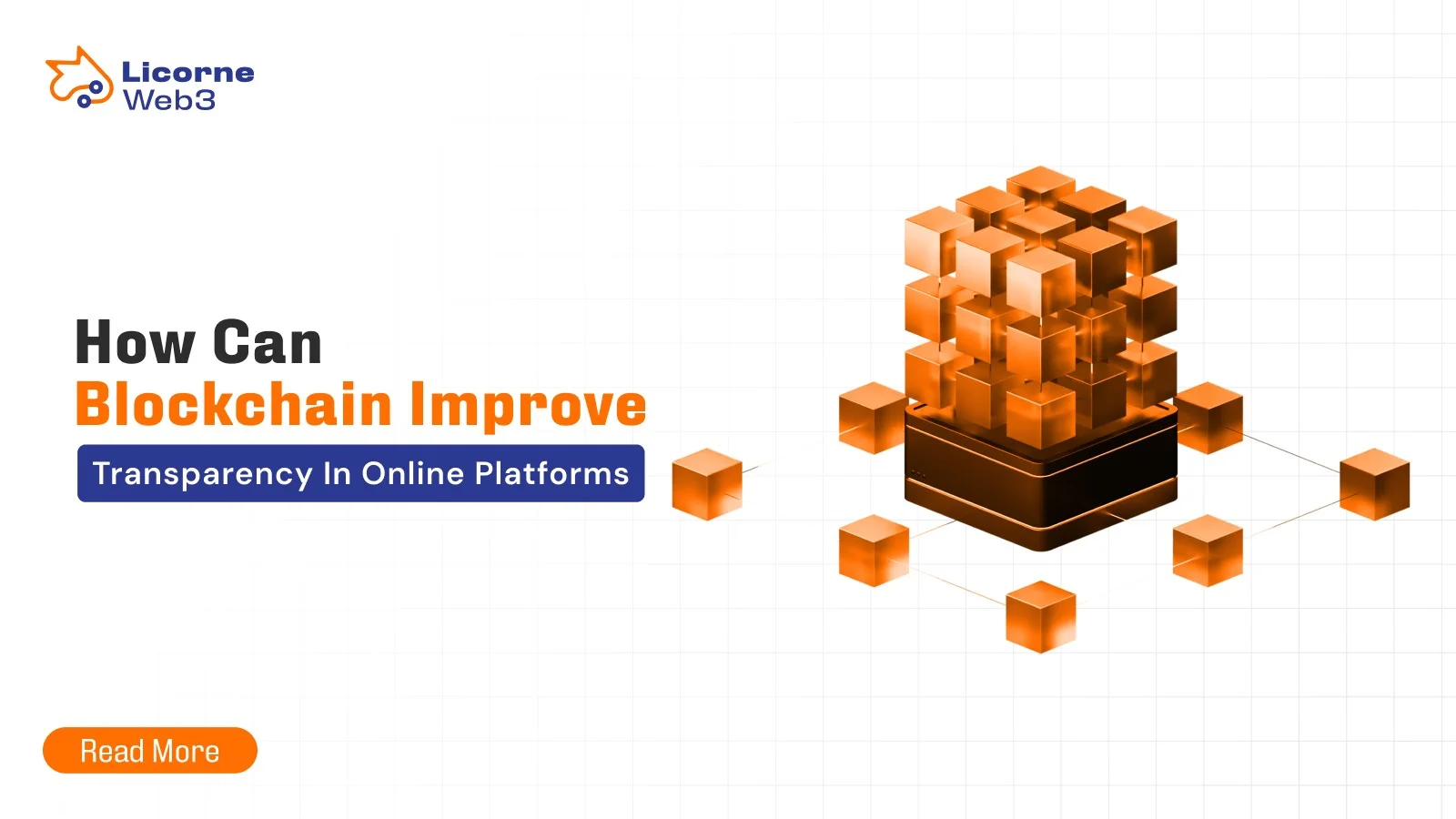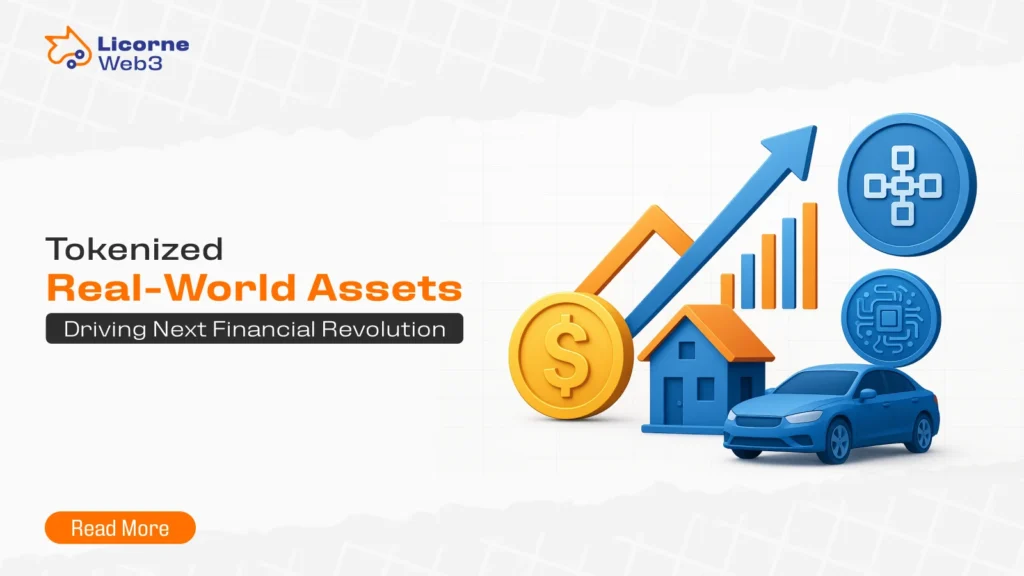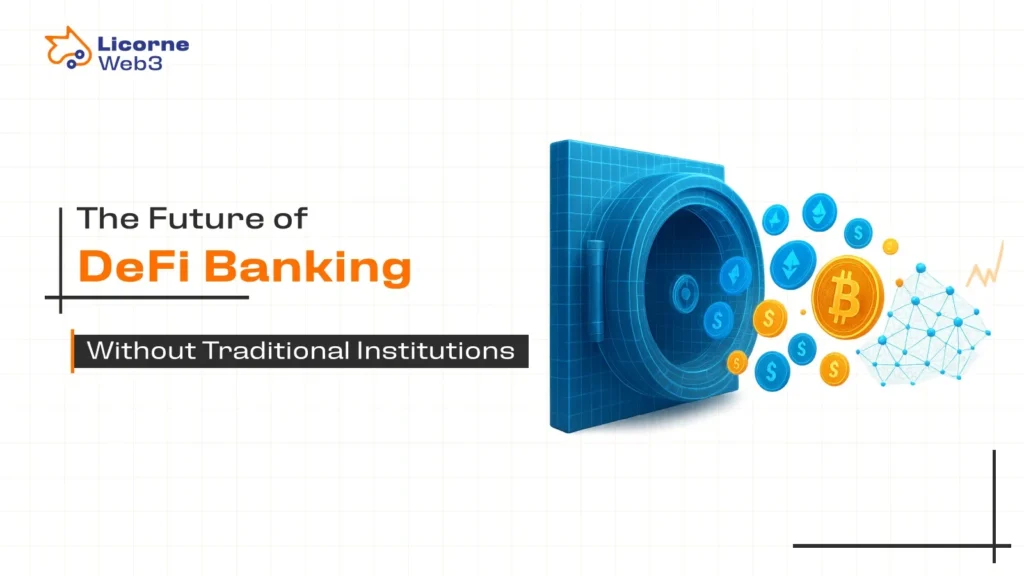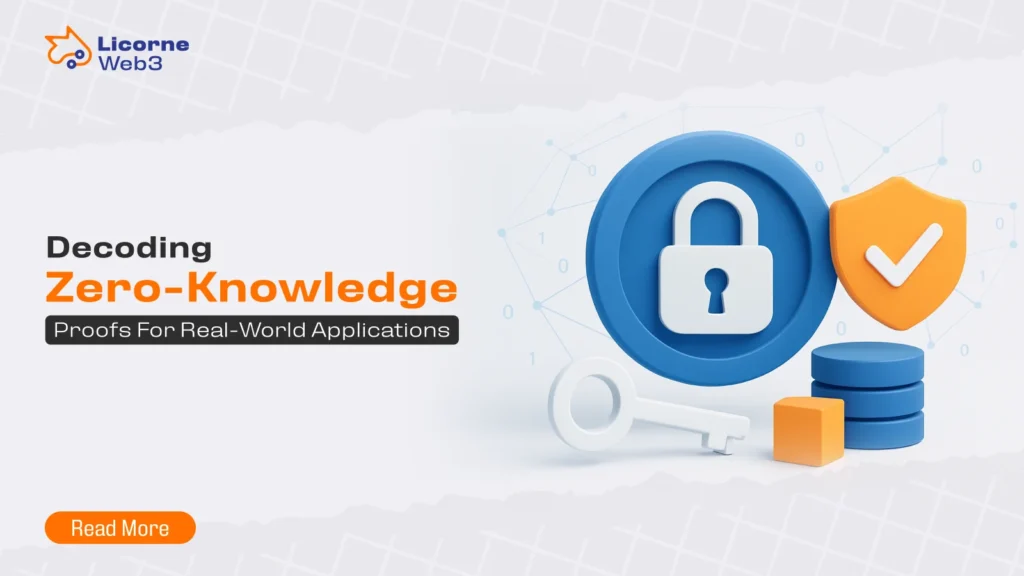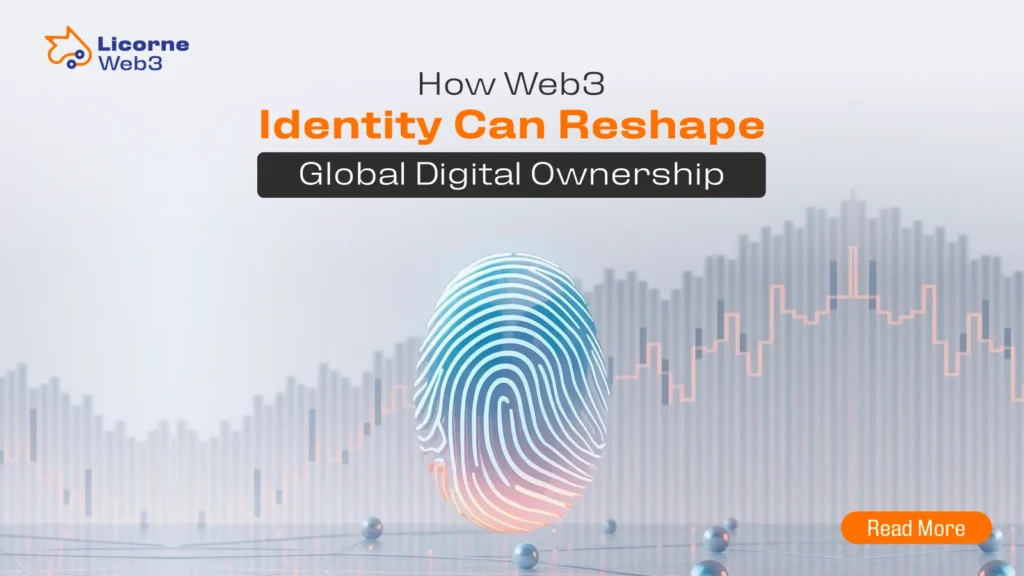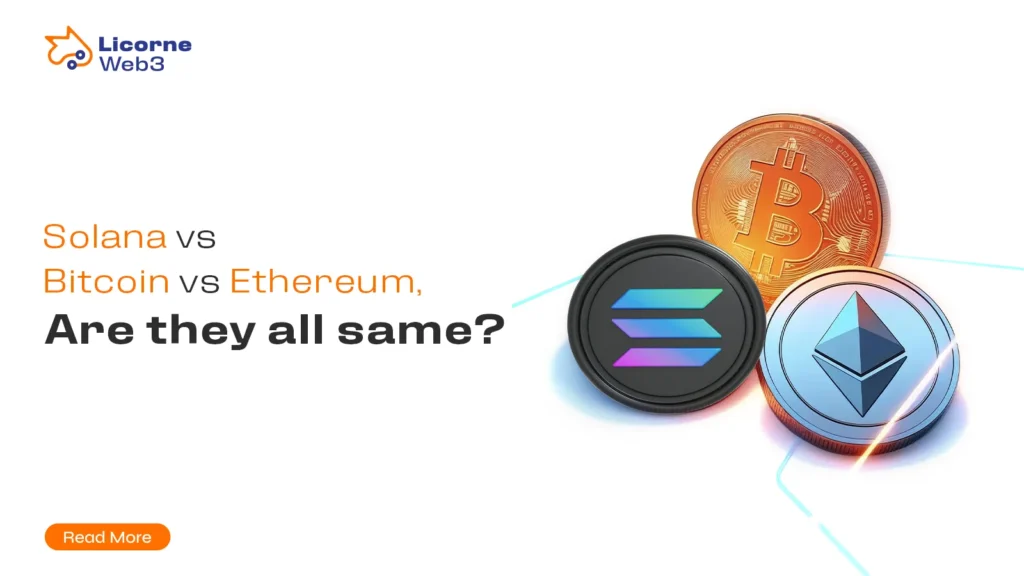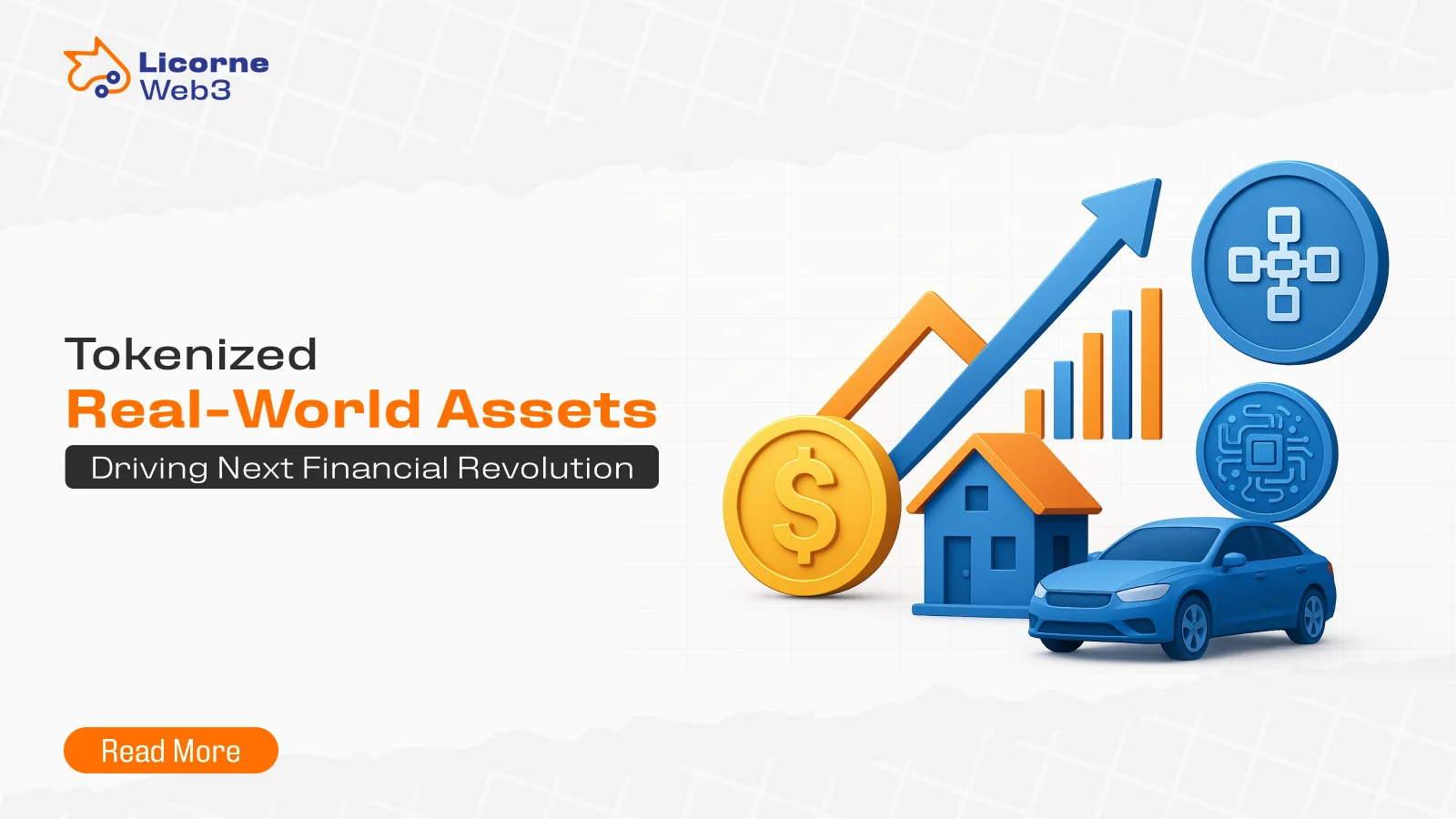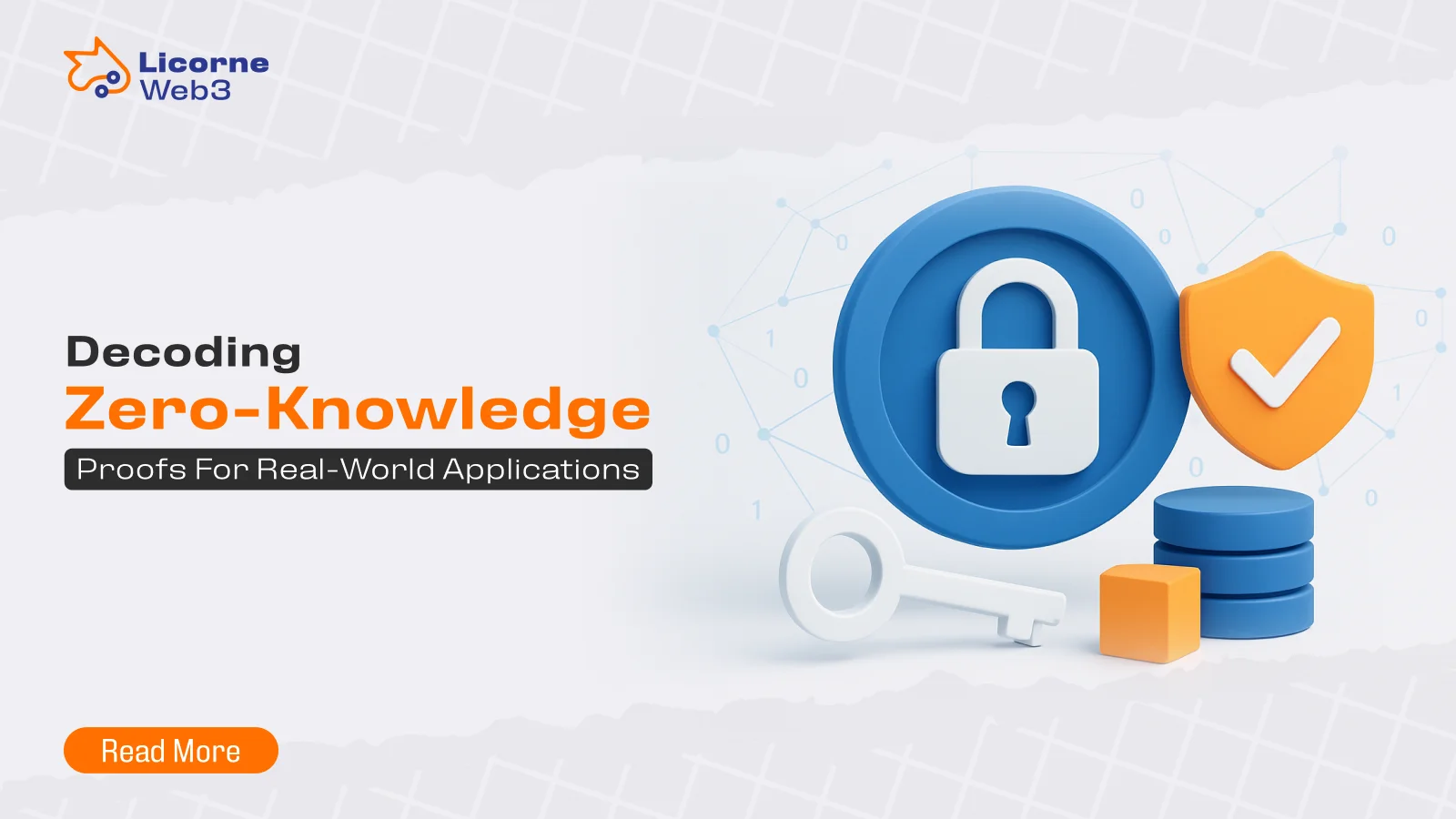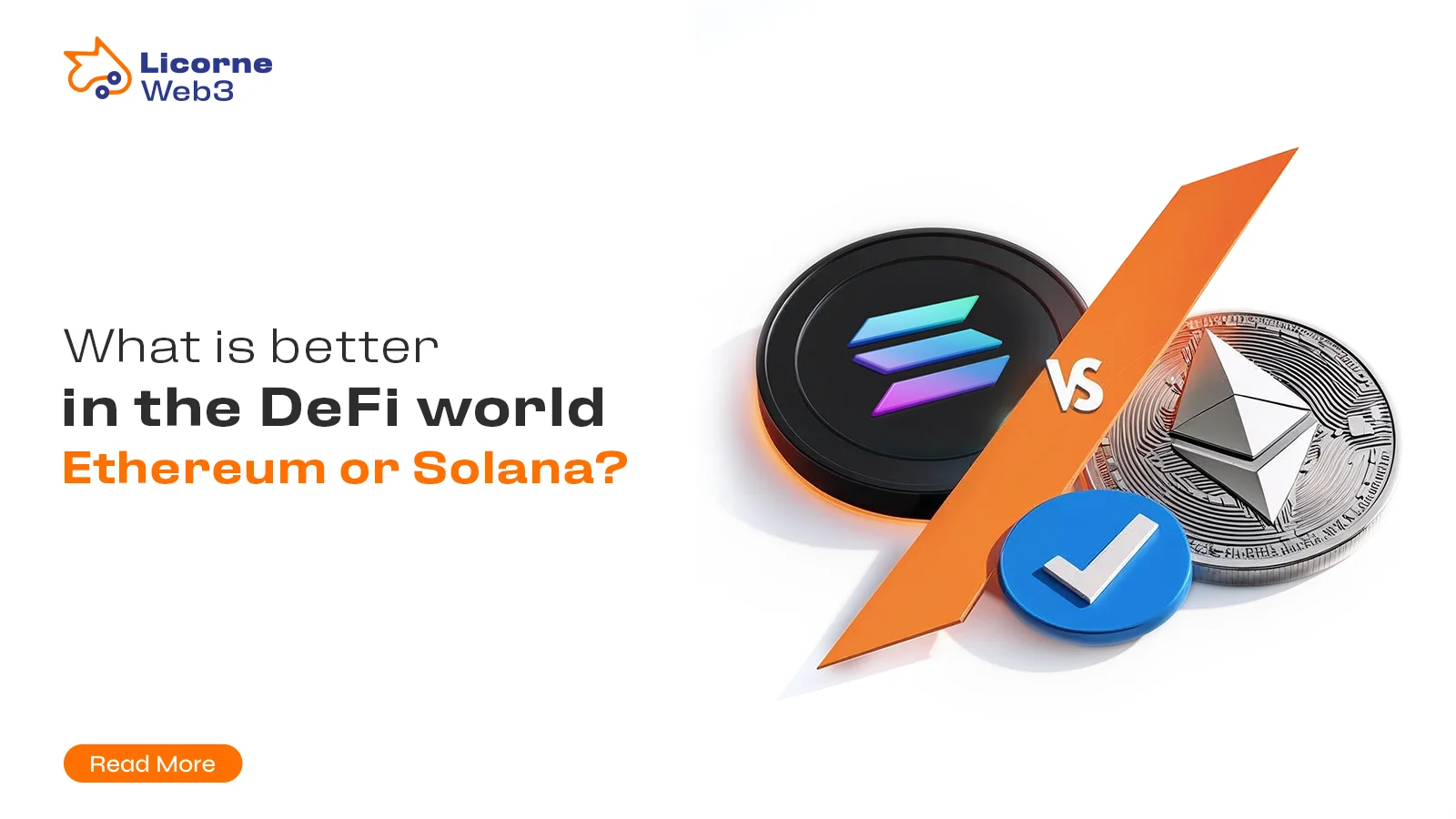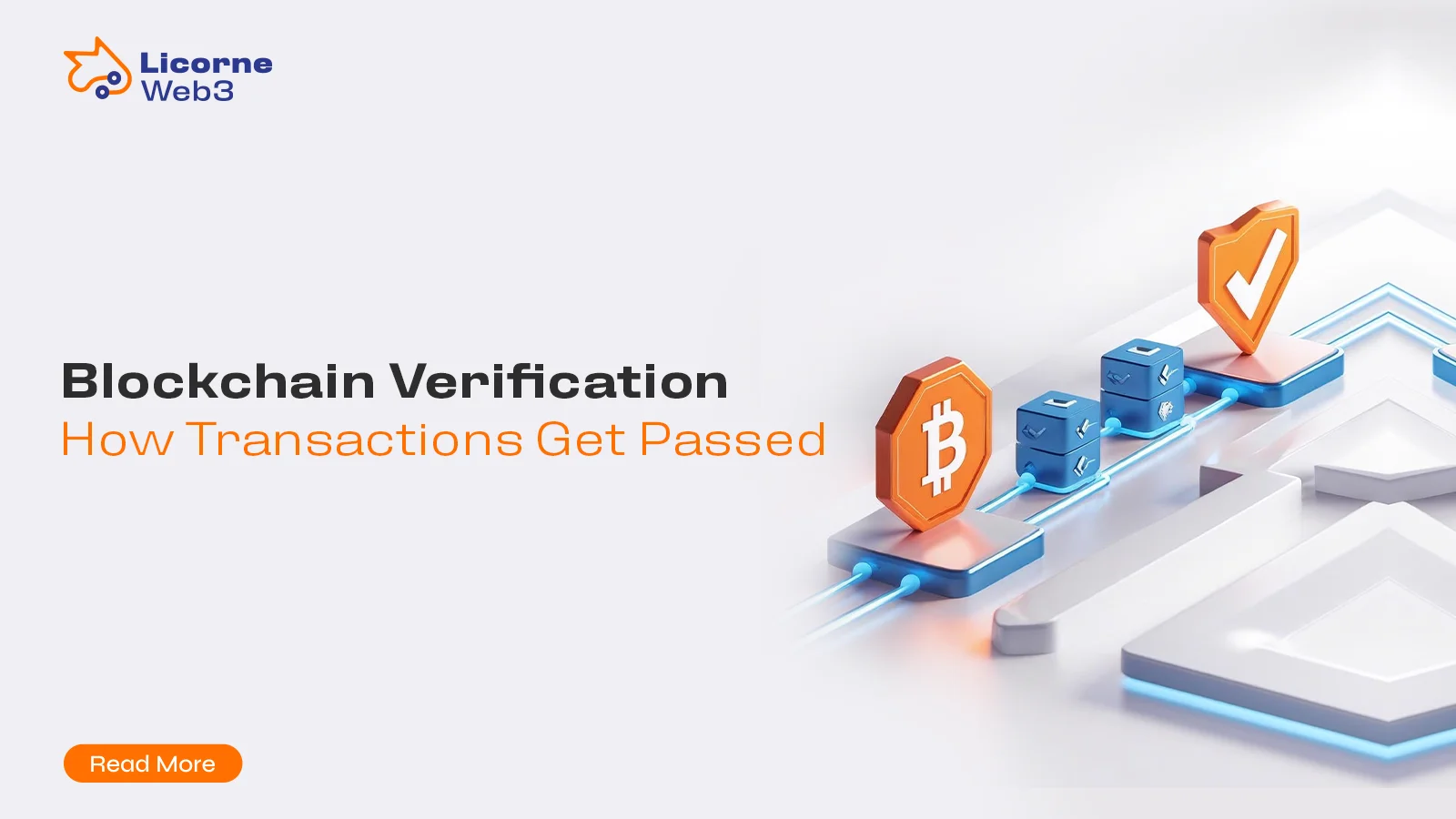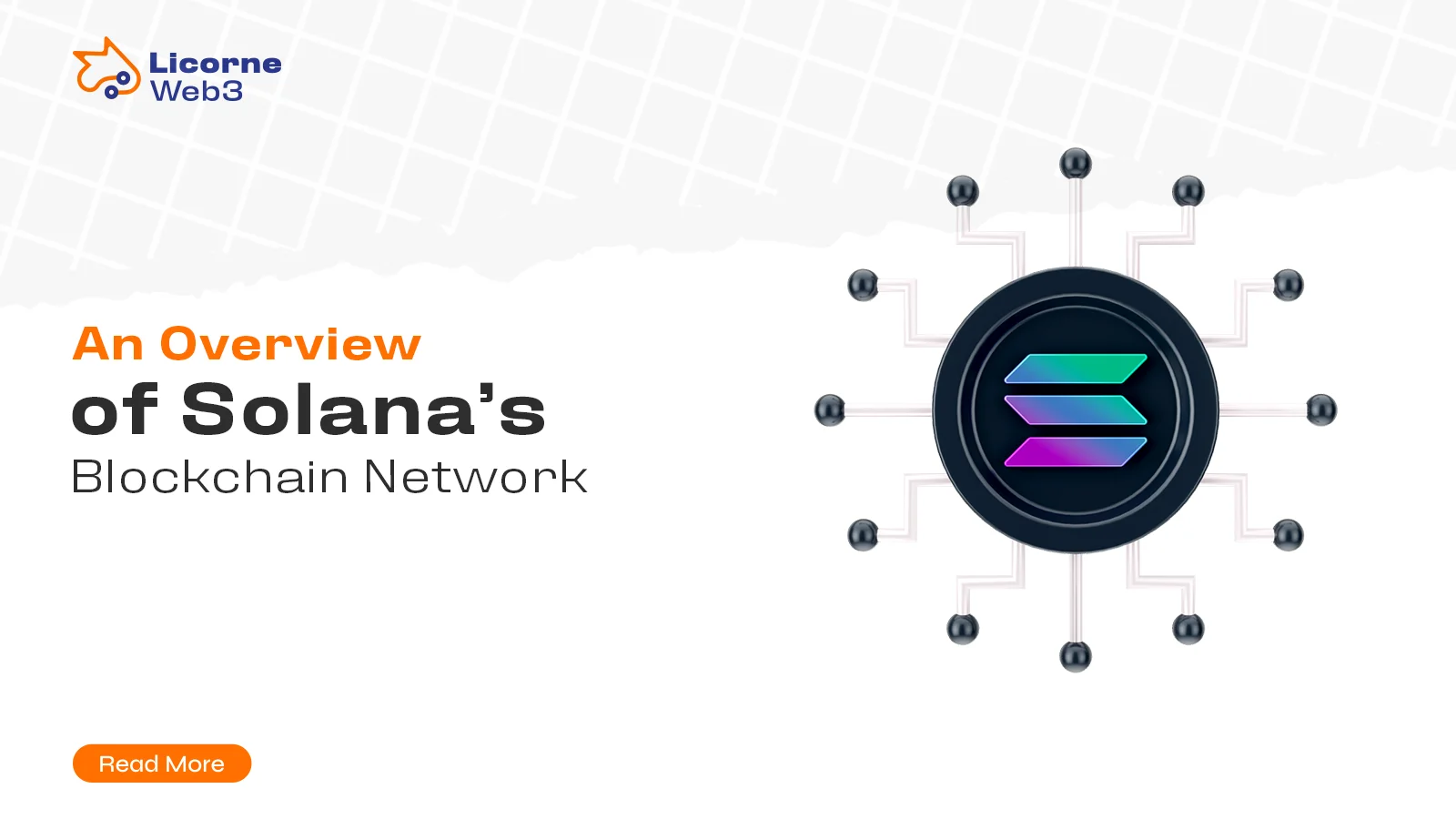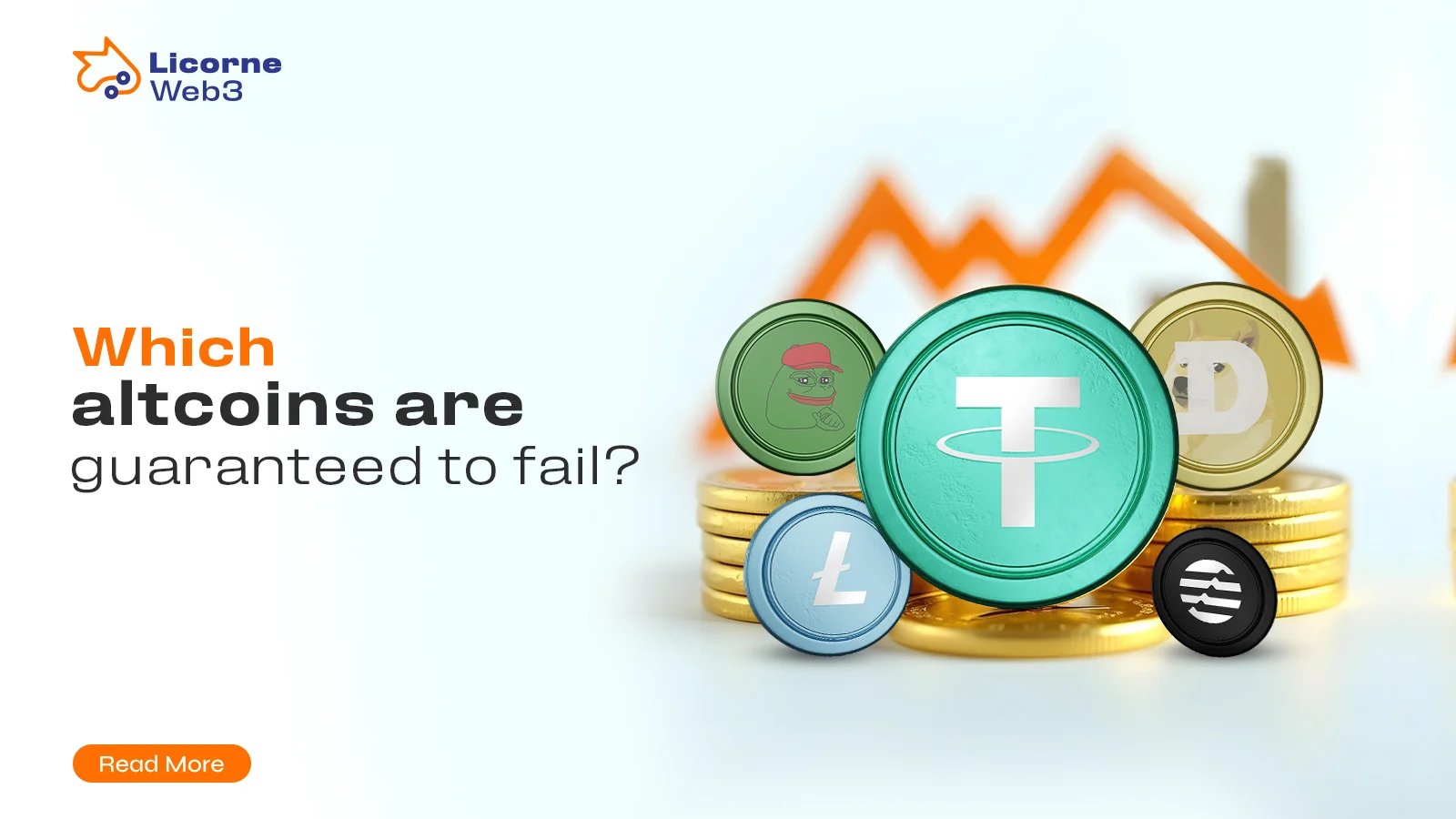Digital platforms must maintain transparency as the essential factor for users to develop trust-based relationships with their systems. A large number of platforms face difficulties due to unclear data control systems, centralized platforms, and vulnerability to fraudulent activities. Blockchain technology serves as an influential solution to overcome existing problems by creating an immutable ledger and immutable record that ensure data integrity. By utilizing blockchain solutions, businesses can establish a source of truth for secure financial transactions, reducing transaction cost and enhancing consumer trust. This decentralized framework improves transparency across various sectors, particularly in supply chain management, where companies can maintain a verifiable record of transactions for tracking raw materials and optimizing operations. Furthermore, blockchain’s digital ledger facilitates a secure and seamless experience for users, ultimately improving overall customer experience in online environments.
This blog examines blockchain technology as an entity that enhances transparency in digital spaces by understanding its procedures and evaluating its business impacts across different sectors.
Understanding Blockchain and Its Core Features
Blockchain is a decentralized ledger technology that records transactions across multiple nodes in a network. The blockchain system uses encrypted transaction data that receives timestamping before moving into storage blocks that create a sequence with preceding blocks. This structured data system enables additions after consensus from the network, making it virtually impervious to unauthorized changes and fraud attempts, thereby ensuring product authenticity and the authenticity of products.
Key features of blockchain that contribute to transparency include:
- Decentralized nature: No single entity controls the data; instead, it is distributed across multiple nodes, forming a decentralized structure that enhances reliability and trust in blockchain networks.
- Immutability: Once recorded, data cannot be changed, ensuring integrity and establishing blockchain as a trusted framework for supply chain operations.
- Transparency: Public blockchains allow anyone to verify transactions, boosting the potential of blockchain as a secure medium for industries like logistics and cross-border trading.
- Security: Advanced cryptographic techniques protect transaction data from tampering, making blockchain ideal for managing digital currencies and secure cross-border transactions.
These core characteristics make blockchain an ideal solution for improving transparency in online platforms across various sectors, optimizing business processes, and fostering trust among consumers.
1. Decentralization and Trustless Environment
The decentralized framework stands as the most important benefit that blockchain technology provides. Blockchain shares data control amongst multiple participants in a decentralized network instead of having it controlled by a single centralized entity. This structure enhances customer loyalty by fostering trust and transparency in digital interactions. Real-time visibility enables businesses, especially in the food industry, to track transactions and ensure quality assurance through immutable records. Data accessibility through blockchain operates outside any controlling hand of central authorities who wish to limit access, allowing users to retrieve real-time data without external interference.
Users maintain control over transaction verification through self-validation, linking each data block securely to a previous block to ensure integrity and consistency. This process creates an atmosphere where trust is built on verifiable records rather than blind reliance on institutions. Additionally, blockchain serves as a single source of truth for businesses and consumers, reducing disputes and enhancing transaction reliability.
The secure online marketplace environment allows buyers and sellers to transact and verify each other through accessible data records, removing the necessity for financial institution mediation while improving efficiency and security.
2. Immutable and Tamper-Proof Records
Blockchain maintains permanent records since transactions added to its systems remain completely unalterable and indestructible, forming an immutable ledger that ensures security and reliability. This functionality becomes vital in situations requiring the protection of sensitive information, including financial dealings and digital identities for virtual identity management. The decentralized nature of blockchain eliminates reliance on traditional databases, which are vulnerable to unauthorized modifications, fraud, and data breaches. By leveraging blockchain networks, businesses can establish transparency and trust with consumers, reinforcing the authenticity of products and reducing exposure to deceptive practices.
Throughout supply chain operations, blockchain ensures an open yet tamper-proof history of products, running from production to delivery. The system provides real-time visibility and access to real-time data, allowing companies to verify ethical sourcing and prevent counterfeit goods. Acting as a single source of truth, blockchain enhances traceability and efficiency within industries such as logistics and manufacturing. Additionally, private blockchain solutions offer tailored security features for businesses handling sensitive transactions. With the future of blockchain shaping advancements across multiple sectors, the technology continues to redefine transparency and accountability in digital ecosystems.
3. Enhanced Data Transparency and Auditability
Businesses alongside online services require transparent operations to maintain accountability standards and build trust with stakeholders. The integration of blockchain within various industries has significantly enhanced transparency by ensuring secure, tamper-proof records. Transactions recorded on blockchain appear either in public or under specific viewing conditions, allowing businesses to operate with greater credibility. One major advantage of blockchain is its ability to create an unalterable audit trail, benefiting industries such as finance, healthcare, and governance entities that rely on accurate record-keeping.
A financial institution backed by blockchain technology allows real-time audit capabilities for regulators and stakeholders, enhancing both accuracy and accountability compared to traditional methods of financial oversight. Additionally, cryptocurrency transactions have revolutionized the financial landscape by enabling secure, verifiable exchanges without the need for intermediaries.
In supply chain operations, blockchain ensures a transparent and tamper-proof history of products, from sourcing raw materials to final delivery. Unlike the traditional supply chain, where information silos and opaque processes can lead to inefficiencies and fraud, blockchain fosters collaboration between supply chain partners, improving traceability and reducing counterfeit risks. In the food supply chain, blockchain is particularly valuable, enabling businesses to track product origin, ensuring food safety standards, and promoting ethical sourcing practices.
Furthermore, blockchain plays a crucial role in the e-commerce sector, where transaction security and customer trust are vital. By eliminating third-party verification requirements, blockchain enhances digital interactions, making online purchases more reliable and efficient. With its decentralized and secure framework, blockchain continues to redefine transparency, making it a critical component of blockchain technology that supports various industries striving for accountability and trust.
4. Smart Contracts for Automated and Transparent Transactions
Every element of a smart contract exists as code that executes automatically whenever conditions match. The execution of these contracts happens autonomously when specified conditions are fulfilled, thus eliminating any requirement for third parties. Online platforms implement smart contracts as a blockchain-based solution to ensure transparent transaction processing and enhanced security through cryptographic methods.
For example:
- E-commerce Platforms: Smart contracts in decentralized marketplaces enable payment release only when companies confirm delivery, combating fraudulent behavior and ensuring consumer protection.
- Gaming and Digital Content: Blockchain-based games use smart contracts to distribute rewards fairly, securing each transaction within subsequent blocks for transparency and trust.
- Legal Agreements: Businesses can automate contract enforcement using smart contracts, reducing disputes and improving compliance across a wide range of industries.
- Pharmaceutical Industry: Smart contracts enhance supply chain verification, ensuring authenticity in drug sourcing while reducing counterfeit risks.
- Energy Sector: Smart contracts optimize energy consumption and facilitate renewable energy trading among users, eliminating intermediaries for efficient resource distribution.
The implementation of smart contracts enables digital platforms to decrease operational costs, enhance security, and eliminate human involvement, fostering better user trust interaction in various industries. By utilizing blockchain networks, businesses can unlock new efficiencies and ensure compliance with evolving digital economies.
5. Identity Verification and Data Ownership
Centralized databases used by traditional systems currently function as primary targets for cyberattacks due to their stored user data, making them vulnerable to unauthorized access. In contrast, blockchain integration introduces decentralized security, enabling users to supervise their identity data while specifying which entities can access their information. By operating across a network of computers, blockchain mitigates risks associated with centralized systems, ensuring better transparency and control.
Self-Sovereign Identity (SSI) systems running on public blockchain and hybrid blockchain platforms allow users to prove their identity through secure documentation without disclosing unnecessary private information. This approach enhances privacy protection and strengthens security, as the system only requires authorization for identity verification rather than storing sensitive personal information.
Transparent Data Ownership and Supply Chain Integrity
Through blockchain technology, users achieve transparent data ownership, allowing them to monitor how their information is used, granting them greater control and security in managing personal data. Unlike traditional centralized systems, blockchain operates on a decentralized framework, ensuring that data remains tamper-proof while allowing users direct access to track and verify their information. This ability to independently oversee data usage fosters trust and mitigates concerns regarding unauthorized modifications or third-party interference.
In industries like supply chain management, blockchain-powered platforms such as IBM Food Trust enhance traceability and prevent fraud across the entire supply chain. By maintaining an immutable ledger, businesses can accurately document product origins, ensuring authenticity and compliance with industry standards. The ability to record transactions securely reduces fraudulent activities such as counterfeiting and unethical sourcing, which have historically plagued supply chains. Companies leveraging blockchain within the diamond supply chain ensure ethical sourcing practices by verifying each step in the supply process. Blockchain’s decentralized nature enables businesses to track diamonds from their initial mining stage to their final sale, significantly reducing the circulation of illegally sourced or conflict diamonds. Collaboration-driven supply chains also benefit from improved data integrity and accountability, as blockchain facilitates seamless communication among suppliers, manufacturers, and distributors, creating a more transparent and efficient global supply network.
Additionally, in digital services and advertising platforms, the issue of proper consent remains critical, with increasing concerns regarding the misuse of personal data for targeted marketing and behavioral analysis. Blockchain technology safeguards consumer data usage by establishing clear access permissions and encryption standards, effectively addressing concerns over unauthorized data collection. This heightened security enhances customer satisfaction by reinforcing trust, as individuals can confidently engage with online platforms without fear of their private information being exploited or misused. Businesses and organizations benefit from blockchain’s compliance framework, ensuring adherence to privacy regulations and eliminating risks associated with data breaches and unauthorized distribution of user information.
As blockchain technology continues to evolve, its ability to provide transparent data ownership, ethical business operations, and consumer privacy protection will remain pivotal in reshaping digital ecosystems. The expanding adoption of blockchain across various industries not only enhances security but also fosters accountability, empowering users and businesses to operate in a more trustworthy, efficient, and decentralized environment.
6. Financial Transparency in Crowdfunding and Donations
Donors now benefit from blockchain technology because this innovative system allows them to view fund allocation when participating in crowdfunding and charitable donations. Traditional crowdfunding sites often lack adequate visibility regarding fund distribution, which causes donors to question management practices, financial accountability, and even potential fraud activities. Blockchain addresses these concerns by offering real-time tracking, ensuring that funds are allocated precisely as intended without intermediaries manipulating the process.
Real-Time Fund Monitoring
With blockchain technology, donors gain the ability to monitor their contributions as they move directly toward their stated objectives. This eliminates uncertainty in donation processes, as every transaction is recorded on an immutable ledger, ensuring permanent verification and preventing unauthorized alterations. By securing financial transactions and donation trails, blockchain not only promotes ethical fundraising but also strengthens public trust in charitable organizations and crowdfunding platforms.
Furthermore, blockchain’s transparent record-keeping system allows donors to verify each stage of their donation journey. Unlike traditional systems, where organizations may fail to disclose exact fund usage, blockchain establishes a trustworthy framework that ensures funds reach the intended recipients efficiently.
Blockchain-Based Platforms for Charitable Giving
Several blockchain-powered donation platforms, such as Giveth and Binance Charity, have revolutionized the donation process by integrating real-time tracking into their systems. These platforms use blockchain’s advanced transparency mechanisms to give donors complete visibility into how their contributions are being spent. With each transaction recorded immutably, donors can verify fund allocations, ensuring that every dollar contributes to the intended cause without interference.
Additionally, blockchain-based charitable platforms create greater accountability for nonprofit organizations. By providing tamper-proof records, charities can demonstrate ethical financial management, encouraging more donor participation and reinforcing confidence in donation transparency.
The Future of Transparency in Charitable Giving
The widespread adoption of blockchain in the charity and crowdfunding space is set to redefine financial integrity within the sector. As organizations continue to embrace blockchain-based donation platforms, donors will experience higher levels of transparency, accountability, and trust. The ability to monitor contributions in real time, verify fund destinations, and reduce fraud ensures that the future of charitable giving becomes more secure, ethical, and impactful.Governance and Decision-Making
Blockchain-based decentralized governance models provide unbreakable transparency in decision-making processes, ensuring integrity and security within various industries. Decentralized Autonomous Organizations (DAOs) use blockchain integration to permit members of a decentralized organization to cast votes on proposals that are recorded directly on the public blockchain, preventing unauthorized access and manipulation. Unlike traditional systems, which often rely on centralized systems for governance, blockchain-based voting mechanisms guarantee fairness and remove third-party interference.
For example, blockchain-based governance can be applied to:
- Corporate Decision-Making: Mutual decisions for corporations happen when shareholders use transparent voting methods for company matters. Unlike traditional systems, where centralized authorities control voting records, blockchain ensures a decentralized approach.
- Political Elections: Structured through blockchain technology, voters gain reliable elections that decrease the occurrence of electoral fraud while achieving higher levels of trust in democratic election systems. The hybrid blockchain model allows governments to balance public transparency with necessary privacy protections.
- Community-Led Projects: Platforms utilizing blockchain allow online communities to elect changes through secure voting procedures, ensuring decisions reflect collective needs. Blockchain enhances collaboration among supply chain partners, streamlining project management and stakeholder engagement.
Beyond governance applications, blockchain integration plays a significant role in supply chain transparency. Platforms like IBM Food Trust enhance visibility within the entire supply chain, providing companies with real-time tracking of goods, including those within the diamond supply chain. Unlike traditional systems, blockchain-based networks improve ethical sourcing and reduce fraudulent practices, reinforcing trust among suppliers and consumers.
By implementing blockchain-based solutions in governance, organizations can enhance accountability, eliminate corruption risks, and foster trust in decision-making processes. This decentralized structure ensures fairness, transparency, and efficiency across industries, making blockchain a transformative force in global governance frameworks.
8. Applications Across Industries
The benefits of blockchain transparency extend across multiple industries, providing a decentralized and secure system that eliminates inefficiencies found in legacy systems while offering real-time data access to businesses and consumers. Blockchain technology improves security, accountability, and trust by replacing manual processes with automated verification mechanisms that ensure transactions are authentic and immutable.
- Finance: Transparent transactions reduce fraud and enhance compliance with financial regulations, eliminating vulnerabilities in traditional financial structures. By integrating blockchain, financial institutions can move away from manual processes and rely on real-time data access to track transactions securely. This automation ultimately enhances customer satisfaction by ensuring quicker and more reliable financial services.
- Healthcare: Immutable medical records ensure accurate patient data tracking and prevent tampering, strengthening digital identity management within healthcare systems. Blockchain ensures sensitive data remains protected, eliminating the lack of understanding that often arises when dealing with complex medical records stored in legacy systems.
- E-commerce: Blockchain reduces chargeback fraud and improves supply chain transparency, benefiting e-commerce businesses by enhancing consumer confidence. Verifiable transactions ensure fair exchanges while enabling seamless tracking of product deliveries. The automation of these processes results in greater customer satisfaction, as buyers experience fewer disputes and delays.
- Gaming: Blockchain ensures fair play and verifiable in-game asset ownership, addressing the lack of understanding some users may have regarding digital transactions in gaming ecosystems. The immutable nature of blockchain guarantees that digital assets cannot be altered, reducing disputes over ownership and ensuring long-term integrity in virtual economies.
- Diamond Industry: Blockchain enhances ethical sourcing and supply chain verification within the diamond industry, preventing fraud and ensuring authenticity. By establishing real-time data access, businesses can track each diamond’s journey from mine to market, reinforcing transparency and ethical trade practices.
- Social Media: Users gain better control over their data, reducing misinformation and censorship concerns. Blockchain protects personal information, mitigating risks associated with unauthorized third-party access, while enabling platforms to ensure digital identity management remains secure.
By replacing outdated legacy systems with blockchain-based solutions, industries can build deep understanding and trust among stakeholders while eliminating reliance on manual processes. The ability to provide real-time data access fosters greater accuracy, efficiency, and transparency across digital ecosystems.
Challenges and Future Outlook
Blockchain enhances transparency through its decentralized framework, yet it encounters complications related to scalability, public trust, regulatory ambiguity, and power consumption. However, recent advancements have addressed these concerns, improving efficiency and expanding blockchain’s immense potential across various sectors. Solutions such as layer-2 scaling, updated regulatory standards, and the Proof of Stake consensus protocol have significantly mitigated issues related to transaction speed, vast amounts of data processing, and energy usage. These developments allow blockchain technology to offer a competitive advantage in industries that prioritize secure and verifiable records.
Blockchain in the Financial and Food Sectors
The financial sector has increasingly embraced blockchain to enhance transparency and security in transactions. Blockchain ensures the integrity of financial records, reducing fraud while streamlining auditing processes. Likewise, blockchain’s application in the Food Trust Blockchain framework strengthens tracking capabilities across the entire lifecycle of food products, ensuring accountability from production to distribution. Platforms such as Food Trust promote ethical sourcing, increasing public trust in food safety by providing consumers and businesses with reliable access to verified supply chain data.
The Expanding Role of Blockchain Transparency
As blockchain adoption grows, its transparency functions will continue to expand, enabling online platforms to become more open, secure, and accountable. With its ability to manage vast amounts of data efficiently, blockchain remains a transformative force that drives competitive advantage for businesses seeking trustworthy digital solutions. The convergence of technological advancements and regulatory improvements ensures that blockchain’s role in governance, finance, and supply chain operations will remain indispensable moving forward.
Conclusion
Through blockchain technology, online platforms find an innovative solution to achieve better transparency, enhanced security, and improved user trust. The combination of decentralization, immutability, and smart contracts, alongside transparent record-keeping, reduces fraud while improving accountability, creating an open digital framework that businesses can rely on. Blockchain fosters a commitment to client success by ensuring secure and verifiable transactions, helping organizations build stronger relationships with their customers.
Industries such as finance, e-commerce, and healthcare institutions are rapidly embracing blockchain to enhance operational efficiency. Governments and organizations worldwide are integrating blockchain-based solutions into their processes, ensuring client software remains robust and adaptable to evolving digital landscapes. Additionally, real-world client success stories highlight how businesses utilizing blockchain are achieving measurable improvements in security, trust, and transparency.
One of the most significant aspects of blockchain is its role in supply chain management systems, where decentralized tracking ensures product authenticity and reduces fraudulent practices. By integrating blockchain, businesses enhance visibility across logistics networks, improving efficiency and trust in global trade. As more companies adopt blockchain, they will strengthen their position in moulding online future interactions into more reliable, efficient, and transparent digital ecosystems.
Blockchain technology continues to revolutionize industries by fostering trust, enhancing security, and optimizing business operations for long-term success.
Author
-

I am a content writer with a passion for creating engaging content. I aim to simplify complex topics for readers through writing. With a keen interest in blockchain and crypto, I strive to foster understanding and empower readers to explore new ideas!
View all posts


